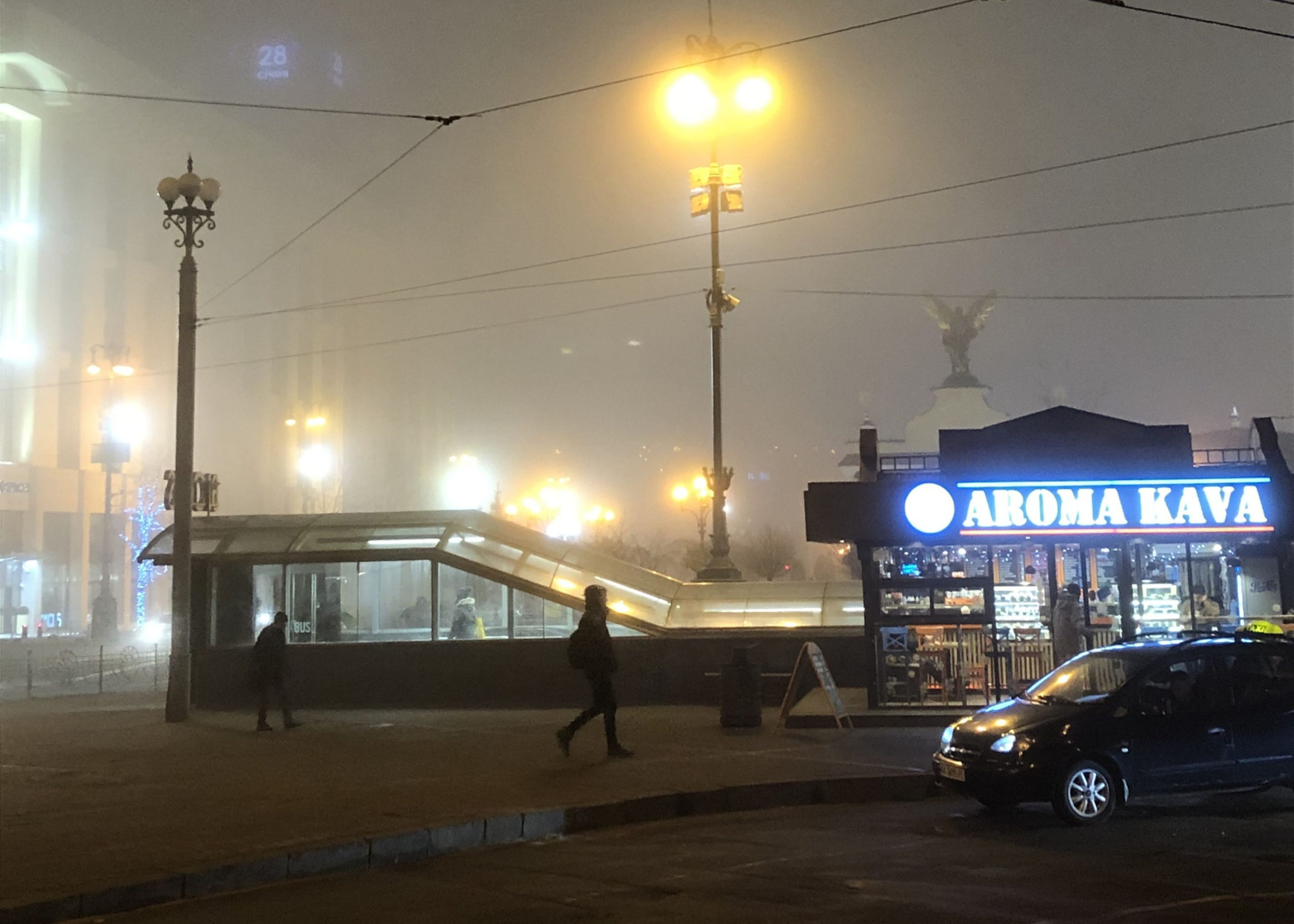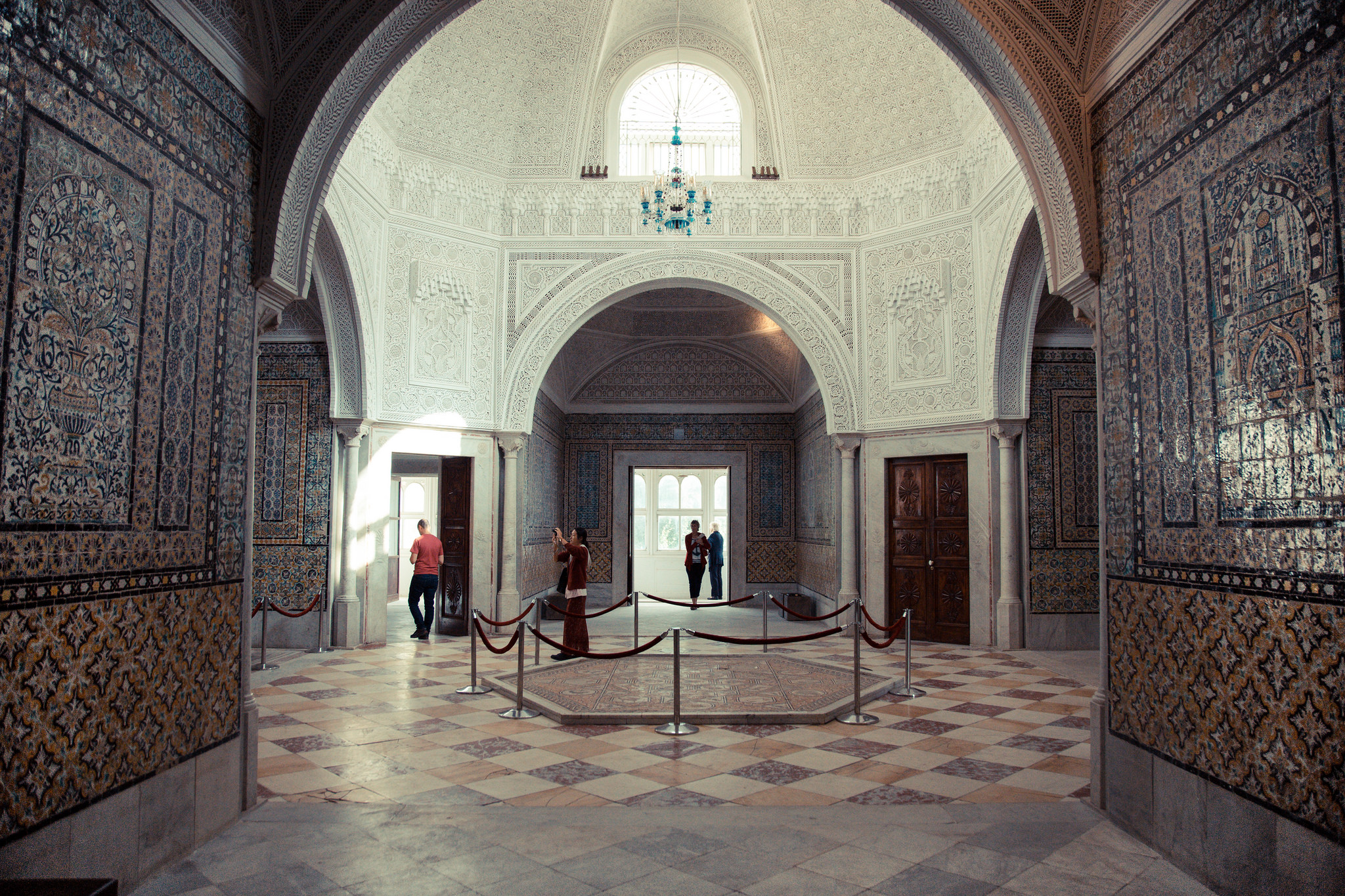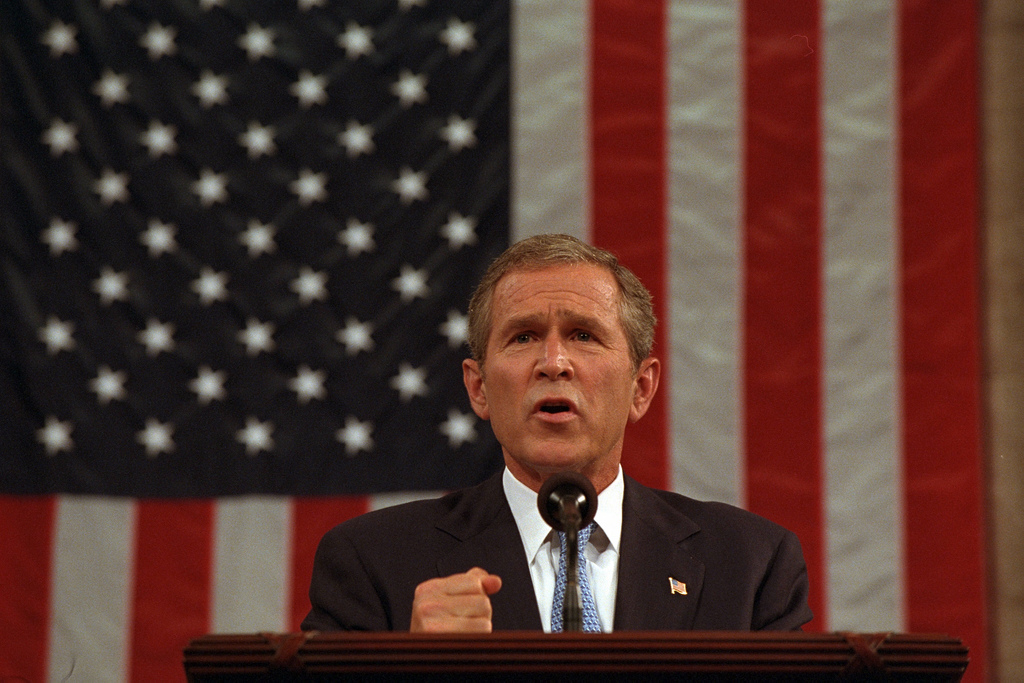I landed in Kyiv a few days before US Secretary of State Mike Pompeo arrived for talks with Ukrainian President Volodymyr Zelensky. According to an official spokesperson, the talks were intended to “highlight US support for Ukraine’s sovereignty and territorial integrity.” But the real reason for the visit was to repair a relationship damaged by Trump’s decision to withhold foreign aid to Ukraine, and the subsequent impeachment trial. Pompeo’s comment—“do you think Americans care about Ukraine?”—has only deepened concerns about the relationship between the two countries.
Ukrainians are tired of being captive to interests. Foreign powers like the US, EU, and Russia jockey for influence. Domestically, Ukraine’s oligarchs are the ones pulling the strings. Most people in Ukraine believe the political game is rigged, but even informed sources aren’t always sure who is doing the rigging and why. Despite free and fair elections, much of Ukrainian politics involves politicians doing the bidding of oligarchic factions that compete for control of the state.
Parliamentary brawls and fiery speeches many times obscure the true backroom dealings. Raucous fights in the Rada (the Ukrainian parliament) and on political “chat shows“ are ostensibly sparked by serious political issues—a proposal to make Russian the official second language, for example, and continued hostilities related to the 2014 EuroMaidan protests and subsequent war in Donbas. Yet, political activists and campaign strategists I’ve spoken with say that Rada melees are also are a way for politicians to make a name for themselves, and demonstrate to their oligarchic patrons that they are “putting in the work.” MPs may have each other in a chokehold during the day, and grab drinks in private in the evening.
President Volodymyr Zelensky was elected in 2019, by voters fed up with the status quo, who thought he was uniquely positioned to break up the corrupt interests that rule Ukraine. As a novice politician and comedian, he had the ability to connect with voters without the taint of Ukrainian politics.
Yet ever since he announced his candidacy for president, Zelensky has been dogged by rumors that he is a puppet of Ihor Kolomoisky, the former head of PrivatBank and one of Ukraine’s most powerful oligarchs (who also happened to own the television station on which Zelensky’s hit television show Servant of the People first aired). Kolomoisky fled Ukraine in 2016, when PrivatBank was seized amidst allegations that he and his business partners siphoned off billions of dollars. After Zelensky won the election, Kolomoisky returned to Ukraine where he’s vowed to win back his bank. The IMF, meanwhile, has demanded that Ukraine maintain the nationalization of PrivatBank, as a condition for a much-needed loan. The dilemma will test whether Zelensky is still loyal to Kolomoisky, or simply biding his time and figuring out a way to wrest control of his Servant of the People Party (named after the show) away from Kolomoisky, and cut him out from politics completely. As one veteran Ukrainian pollster said, Ukrainian elites are “waiting to see who will win this Ukrainian Game of Thrones.”
***
Walk around Kyiv and you will see memorials to fighters who fought and died in the war in Donbas. Many contain imagery of the far-right volunteer battalions that formed following the outbreak of war. With the Ukrainian army in disarray, and facing a dire threat from Russian-backed separatists, oligarchs keen to protect their economic interests provided initial support for these militias, which include the Right Sector and the Azov Battalion. Many Ukrainian nationalists joined the fray.
The Azov Battalion, one of the most powerful of these militias, espouses an extreme version of Ukrainian nationalism. It has been accused of being neo-Nazi for its use of Nazi-SS imagery like the wolfsangel, and for employing actual neo-Nazis. Affiliated far-right militias were behind recent violent attacks against Roma, LGBT supporters, and those they accuse of being Russian sympathizers.
Yet success in street politics has not translated into electoral success. In 2019 elections, a unity list of far-right political parties failed to even make it into the Rada. The existence of these groups continues to be closely intertwined with oligarchic interests. Some of the groups have been involved in settling disputes between rival oligarch factions, and Arsen Avakov, Minister of the Interior, has been accused of allowing the worst of their abuses so that he can use them as his own security muscle.
***
In politics, the question of cui bono—who benefits and stands to gain?—is fundamental. The answer, as Ukraine shows, is seldom straightforward.
There is a sense among ordinary citizens, in Ukraine and beyond, that a powerful, unaccountable governing elite runs politics in their countries. This belief is at the heart of many populist political debates and protests taking place around the world. In the US, Americans are grappling with the extent to which politics is about public versus private interests. Trump supporters vow to take the country back from an unelected global elite, while Bernie Sanders supporters complain about a system rigged for billionaires. At its most extreme form, the perception that unseen forces control politics can get warped into racist, and anti-Semitic ideologies that can fuel political violence and terrorism.
But there is reason for optimism. Though one source in Kyiv compared Ukrainian politics to a circus, with the oligarchs as the unseen ringleaders, efforts are being made to strengthen accountability. Members of the Rada no longer have parliamentary immunity from criminal prosecution, and Ukrainians are cautiously optimistic about the economy, and even the overall direction of the country. The election of Zelensky, too, represented a democratic vote for a peaceful transfer of power, and a hope among citizens to fight corruption.
Indeed, the most surprising thing about doing research in Ukraine is not corruption. It’s that, despite the power of the oligarchs, low levels of political trust, occasional fights in the Rada, militia groups, and the simmering war in Donbas—despite all of this—Ukrainian democracy is surviving.







1 comment
Wonderful insight and analysis!